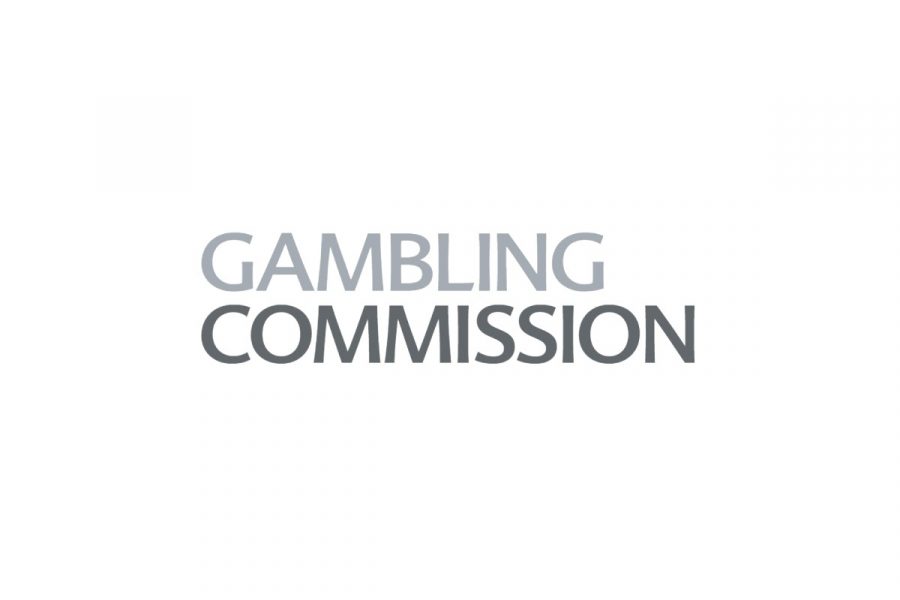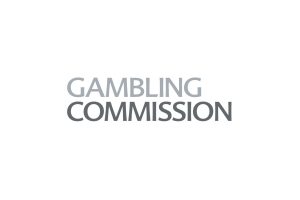UK: all Gambling Commission licence fees to rise

The UK government has given the green light for all Gambling Commission licence fees to rise starting from October 1. Licence application fees will rise by 60 per cent.
UK.- The Department for Digital, Culture, Media and Sport (DCMS) has approved a 55 per cent increase in the licence fees charged to gaming operators and suppliers licensed in Great Britain.
The DCMS held a consultation on licence fees between January 29 and March 26 this year. It said that more revenue was needed for the British regulator, the Gambling Commission, to cover increased operating costs.
This was necessary to allow the regulator to better to tackle three key challenges; increased technological development, the size of many gambling businesses, and the threat of unlicensed operators.
The consultation proposed raising fees for annual remote operating licences by 55 per cent from 1 October 2021. It also proposed increasing the fee for new licence applications by 60 per cent and simplifying the fees system by removing the discount for combined land-based and online licences.
Fees for non-remote operating licences would increase by 15 per cent from April 2020. The delay in that increase was proposed to avoid adding a higher load while land-based operations are still recovering from the impact of the Covid-19 pandemic.
The DCMS has now indicated that the government plans to go ahead and implement all of the changes proposed in the consultation.
In summary the changes are as follows:
- Annual fees for remote operating licences increase by 55 per cent on October 1, 2021.
- All Gambling Commission licence application fees increase by 60 per cent from October 1, 2021.
- Annual fees for non-remote operating licences to increase by 15 per cent, from April 1, 2022.
- Annual fee discounts for combined and multiple licences to be removed on October 1 2021.
Two small amendments have been added. In order to make sure regulations are consistent with UK general data protection regulation, a provision will be made for no variation in fee in certain circumstances. There will also be an increase in the Single Machine Permit fee, from £25 to £40.
The DCMS said: “The Commission’s investment strategy will enable it to proceed with the highest priority investments. For example, in meeting the challenges posed by technological innovation, the Commission needs to invest in expertise to obtain, store and analyse data, including improving its collection of participation and prevalence data.”
It said it had received objections to the timing of the increase in licence fees, which comes as the government reviews the 2005 Gambling Act with a view to updating British gambling legislation and business conditions.
However, the DCMS noted that The Gambling Commission’s flat-fee licensing structures had not changed since 2009 despite the Gambling Commission’s operating costs increasing.
The new licence fees will be introduced via secondary legislation, with the hike in remote gaming fees and licence application fees coming into force from October 1 of this year. The annual fee discount for combined land-based and remote licences will also cease to exist from October 1.
The increase in annual fees for non-remote licences will come into effect from April 1 next year.
The Gambling Commission said: “We welcome this DCMS consultation response as it ensures much needed changes to our fee income that will enable us to continue to regulate effectively.”
See also: Gambling Commission survey shows changes in British betting habits
Gambling Commission appoints Andrew Rhodes as interim chief executive
Andrew Rhodes will serve as interim chief executive of the Gambling Commission for 18 months while the British gambling regulator looks for a candidate to fill the role on a permanent basis.
The appointment comes after former chief executive Neil McArthur made the surprise announcement of his immediate resignation from the post in March.
The Gambling Commission’s deputy chief executive Sarah Gardner and chief operating officer Sally Jones have been joint acting chief executives since then.











